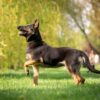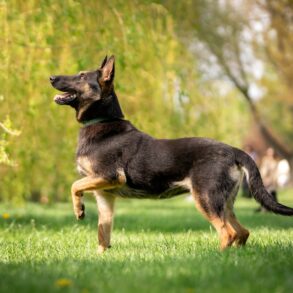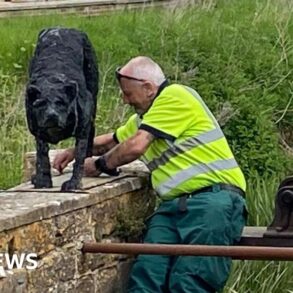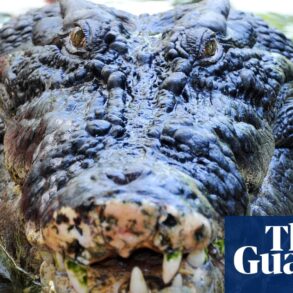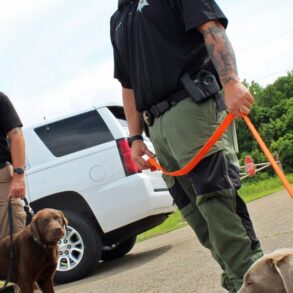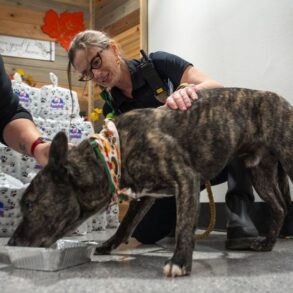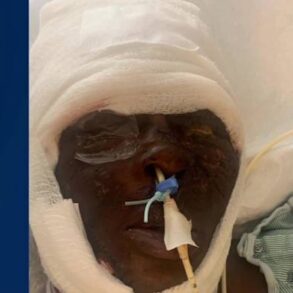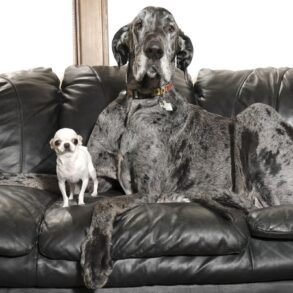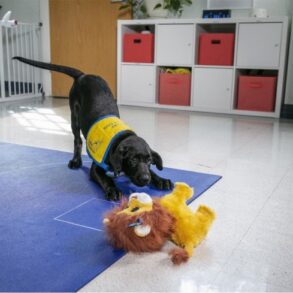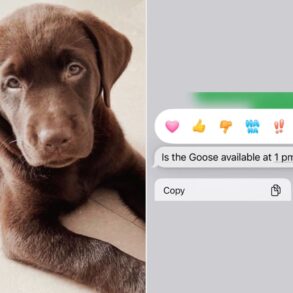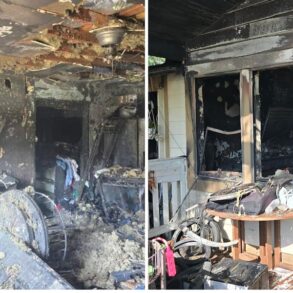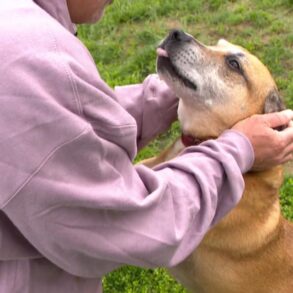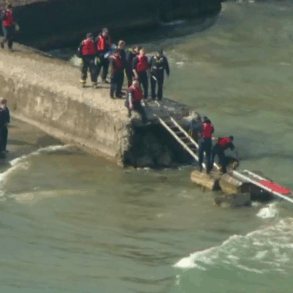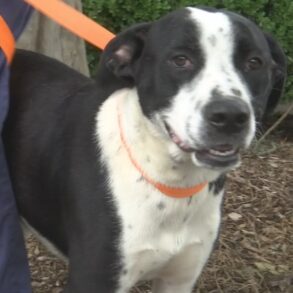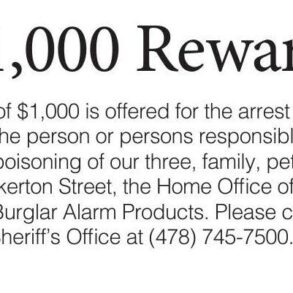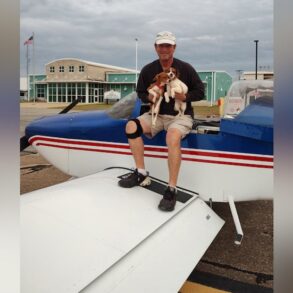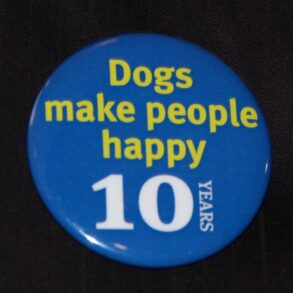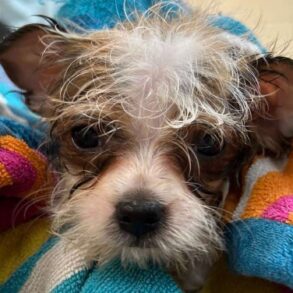Israeli researchers have developed a method for detecting cancer by training dogs to identify the disease through scent, according to a new study led by SpotitEarly, an Israeli medical technology company.
The study, which involved training beagles using repeated exposure to breath samples from both healthy individuals and cancer patients, showed promising results. The goal is to offer a fast, noninvasive screening tool for early cancer detection in Israel and beyond.
Participants simply breathe into a face mask for three minutes. The mask is then sealed and sent to a testing facility, where it is presented to the trained dogs in a sterile environment. When a dog identified a positive sample, it would signal detection by sitting or lying down.
Approximately 1,400 people took part in the study. Of the 261 participants diagnosed with cancer, the dogs correctly identified 245—resulting in a 94% accuracy rate. Among the 1,048 healthy individuals, only 60 were incorrectly flagged, reflecting a relatively low false-positive rate.
To improve the reliability of the results, researchers incorporated artificial intelligence and computer vision into the testing process. These technologies tracked the dogs’ behavior and analyzed their responses, reducing the risk of human error and ensuring a consistent, standardized evaluation.
An enhanced sense of smell allows for the detection of chemical changes
Canines have one of the most powerful olfactory systems in the animal kingdom, with about 300 million scent receptors, compared to around 5 million in humans. The part of the canine brain dedicated to smell is 40 times larger than in people.
This allows them to detect tiny chemical changes in breath samples, such as those caused by developing tumors. Dogs are already used to detect drugs, explosives, and diseases such as malaria and COVID-19. This study adds cancer detection to their growing list of medical applications.
CEO of SpotitEarly, Shlomi Madar, said the next phase includes clinical trials in the United States, aimed at securing regulatory approval for widespread use. The company also plans to expand its team of beagle dogs and develop mobile diagnostic units.
“Our vision is to make early cancer detection widely accessible—using tools that are noninvasive, safe, and affordable,” Madar told Maariv. The first test kits are expected to launch within a year, with a projected price of $250 per test.
“This is a breakthrough that enhances our ability to detect malignancies early, when the chances of successful treatment are highest,” said Prof. Meirav Ben-David, head of the Oncology Institute at Assuta Medical Center in Tel Aviv’s Ramat HaChayal neighborhood.
“Because the test is noninvasive and painless, it can be conducted frequently and adjusted based on an individual’s personal risk factors. We are also working to refine the dogs’ ability to distinguish between different types of cancer.”
This post was originally published on this site be sure to check out more of their content.


